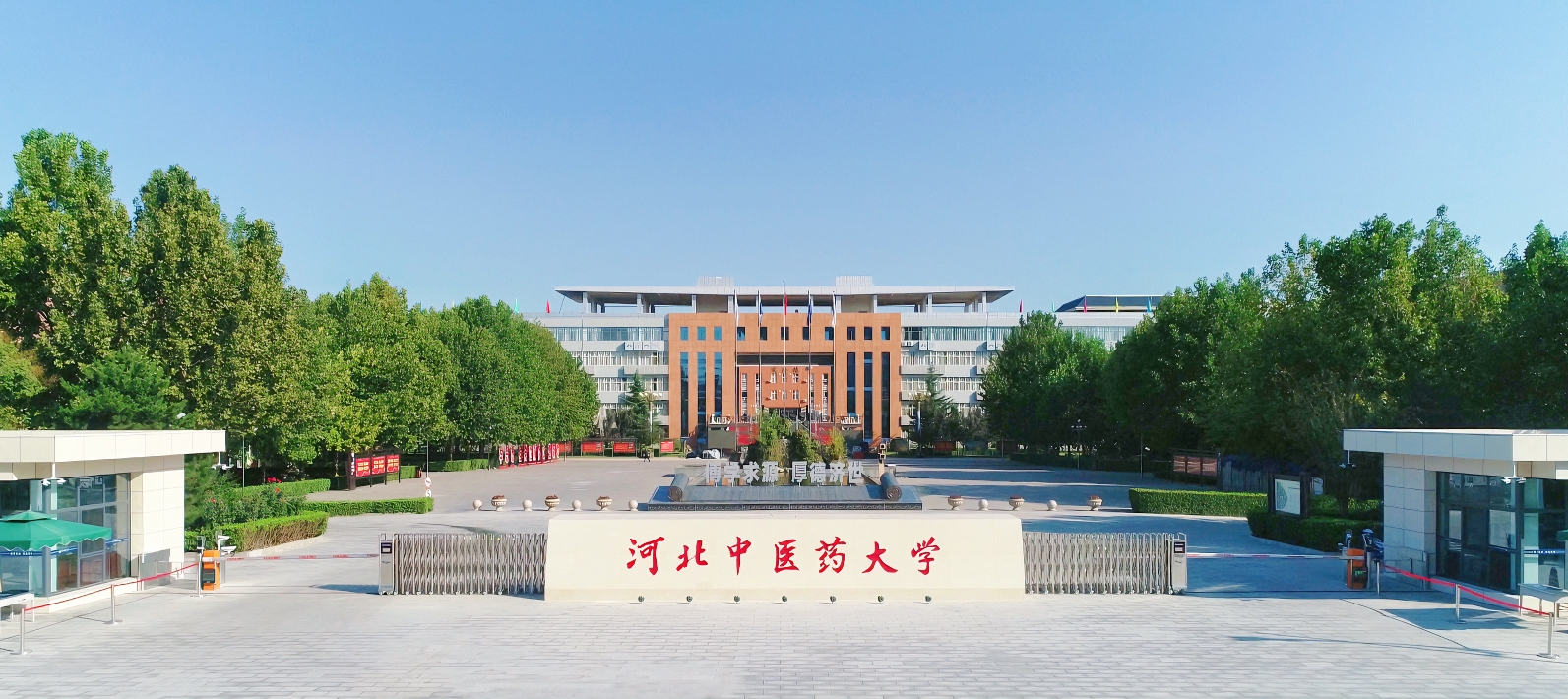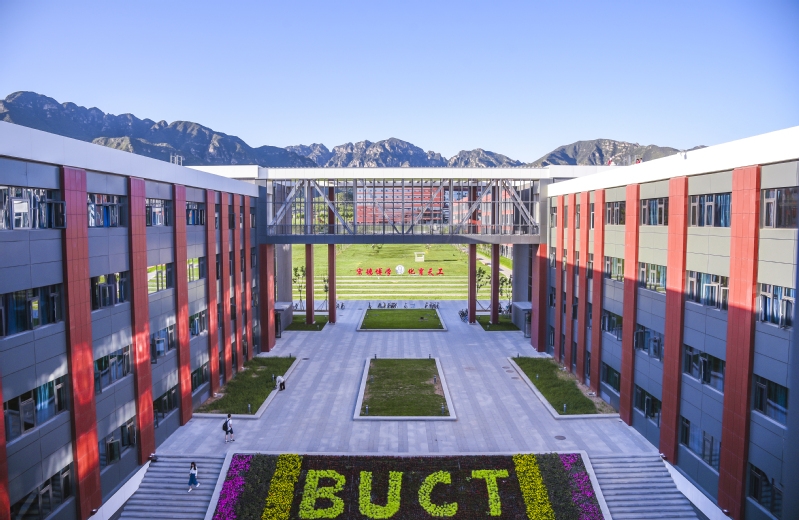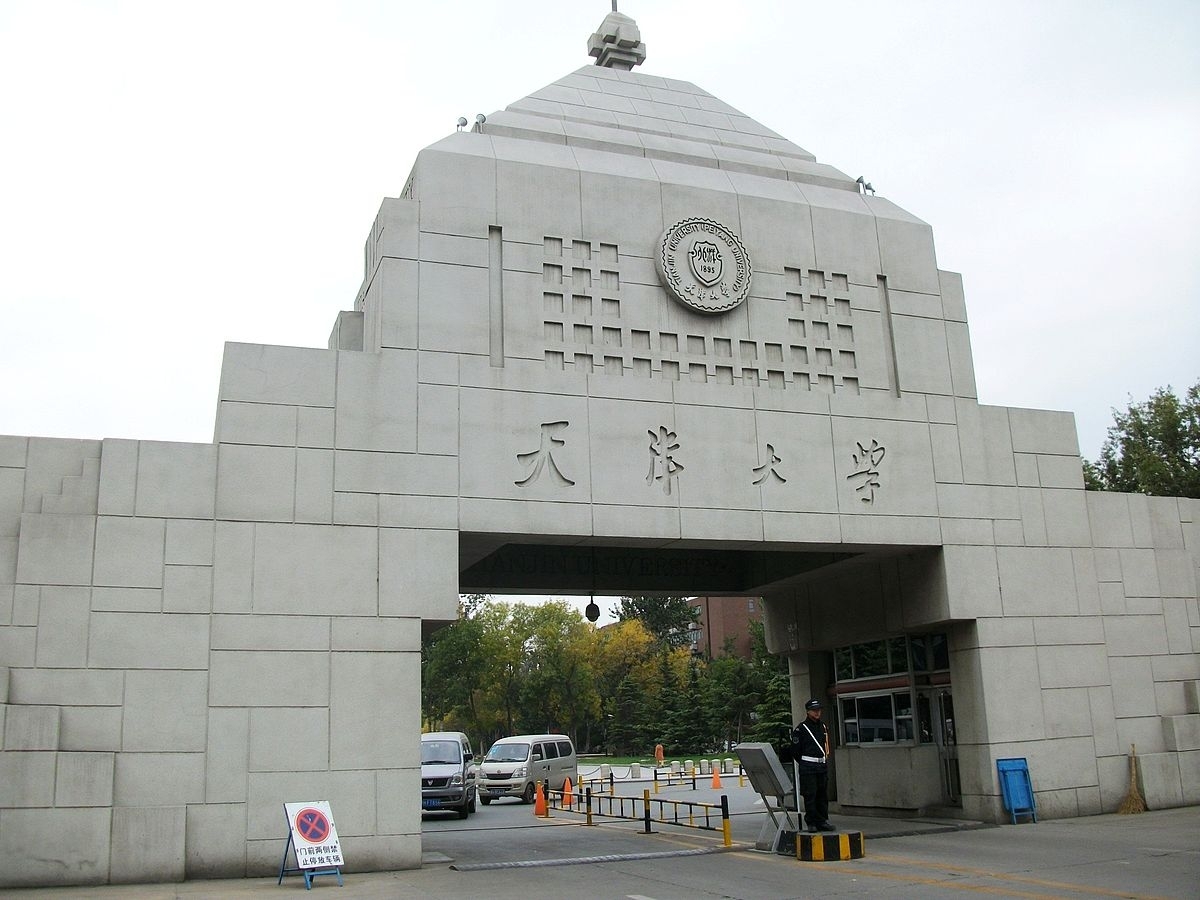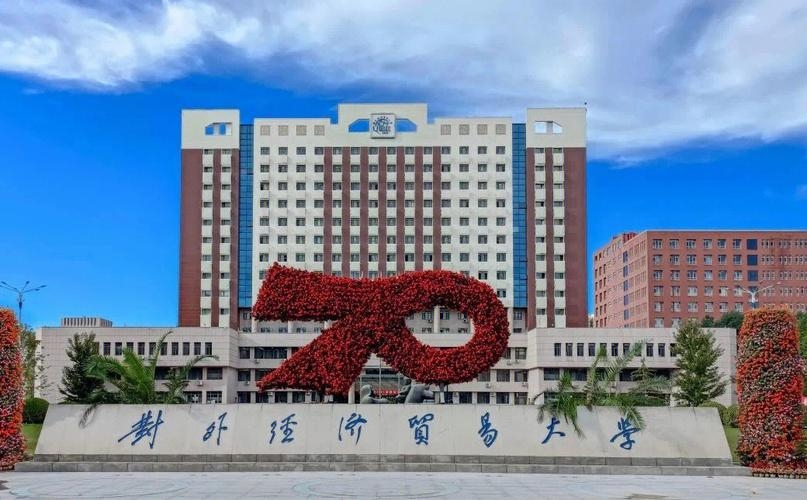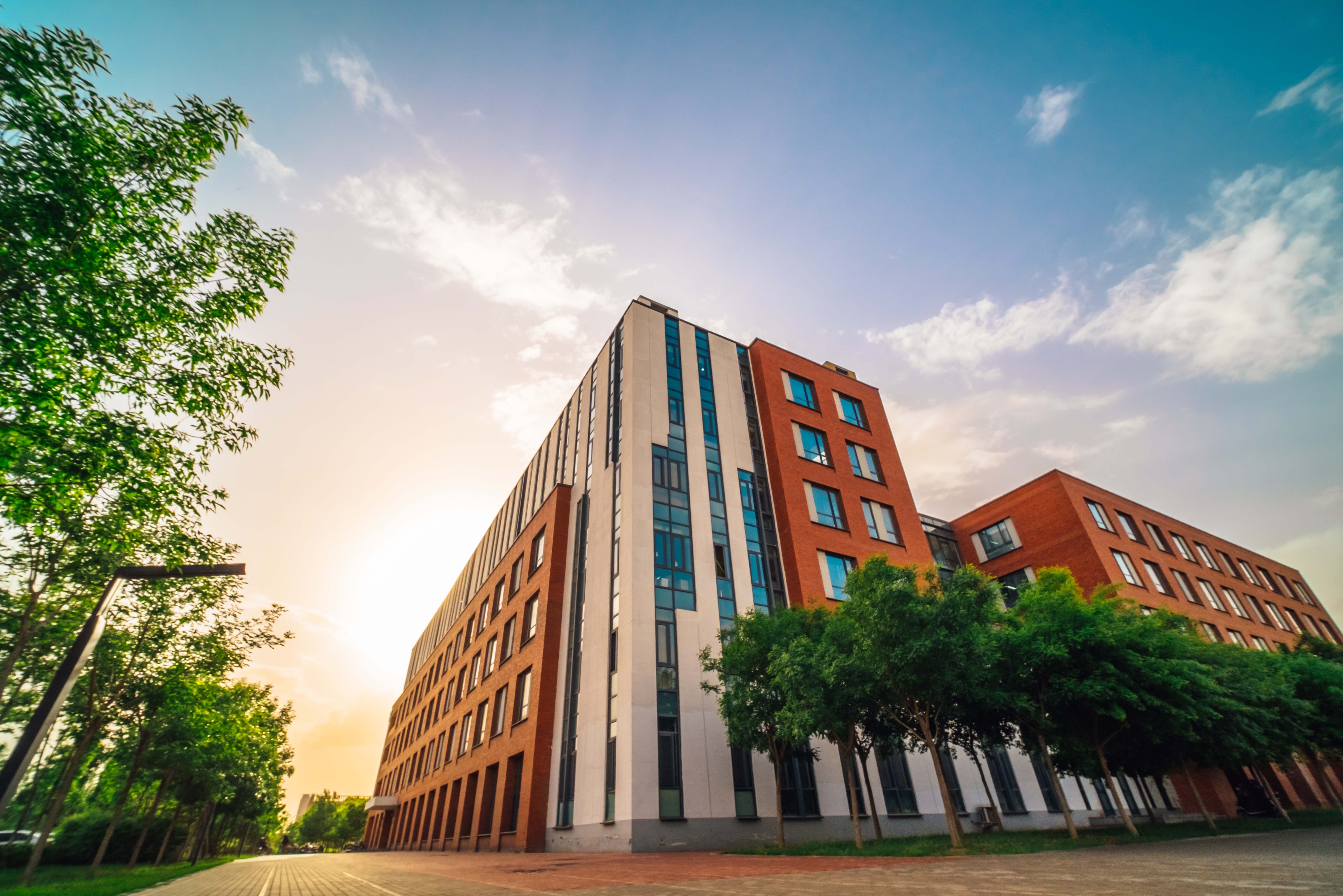HAUST Brief Profile
Henan University of Science and Technology (HAUST) is located in Luoyang, well-known as the thousand-year ancient capital and the peony flower city, which is also the sub-center of the city cluster in central plains of China. HAUST is a model university of Deepening Educational Reform of Innovation and Entrepreneurship, a national-level Continuing Education Base for Professional and Technical Personnel, the first rank of Scientific and Technological Achievements Transformation and Technologies Transfer Bases accredited by the Ministry of Education. It’s also one of the three key comprehensive universities in the high-level construction project of Henan Province.
HAUST developed from its earliest foundation in Beijing in 1952. In 2002, Luoyang Institute of Technology amalgamated Luoyang Medical College and Luoyang Agricultural college to form Henan University of Science and Technology. Adhering to the Motto of “Cultivate Virtue, Study Extensively, Develop Innovations, Practice Earnestly” and the spirit of “Encourage Self-improvement and Pursue Excellence”, HAUST has been putting education first and giving academic development top priority, which enables students to develop fully their talents and core competitiveness. HAUST has preliminarily developed into a high-level comprehensive university with outstanding engineering advantages and coordinated development of agriculture, medicine, management and the other disciplines. In 2021, HAUST ranked 95th among Chinese universities by Airuishen Alumni Network.
The university is composed of 4 campuses, covering 757 acres. And now, there are 42,000 full-time undergraduates, graduates, and international students and 24,000 continuing education students on campus. So far there are 31 schools offering 100 undergraduate programs in 11 disciplines that comprise science, engineering, agronomy, medicine, economics, management, literature, law, history, art and pedagogy, among which there are 8 first-level disciplines offering doctoral programs, and 3 post-doctoral research stations and also 41 first-level disciplines offering master’s degree programs. Five disciplines, including engineering, materials science, clinic medicine, agronomy, and botany & zoology, ranked in ESI’s global top 1%.

